There are ways to recruit, and then there are ways to recruit. Improve your disability awareness by challenging your unconscious bias towards people with disabilities.
The Westminster Society is a service provider for people who have disabilities, so naturally it is concerned that it finds the right people for the job. Helping people with disabilities requires a spectrum of skills and expertise. What it doesn’t require is someone who knows how to say the right things in an interview, but when they turn up for their first day at work, are unable to meet the requirements of the role. That’s why the Westminster Society has taken the bold step of changing how it recruits people for its workforce.
The Westminster Society has traditionally used panel interviews to gauge the suitability of applicants for its posts. This is how most jobs are giving out in this country, and it serves its purpose in many cases. But when you’re trying to recruit people whose specific role is to help people with disabilities in their day-to-day lives, it’s not something you can leave to chance.
The Westminster Society thought long and hard about how it recruited its employees, and then decided that it would work on different ways to recruit. One particular recruitment exercise as part of the interview process is having an applicant feed yoghurt to a fellow applicant. This might sound really silly, but if you’re caring for someone who is disabled there is every chance that you may find yourself doing this as part of your job.
Uncomfortable situations with disability
No amount of smooth talking in an interview will compensate for any inability to feed you get someone if they are physically disabled. The Westminster Society believes that this particular situation can be uncomfortable, especially if you’re doing it for the first time. So someone who can manage this process without visible discomfort could be a better carer.
This kind of recruitment process isn’t suitable for all employers. What we’re happy about here is the fact that the Westminster Society is trying to consider the needs of it’s disabled clients. By recruiting people who are human beings, able to think on their feet and also sensitive to the needs of their clients, the Westminster Society is breaking the mould.
It remains to be seen whether or not people who run other establishments and businesses will consider changing their recruitment processes a little bit, to enhance employee understanding of disability. It’s not too far fetched an idea to imagine that employers may think that if they use these kind of processes to recruit, they will have a more sensitive and more open workplace when it comes to disability.
